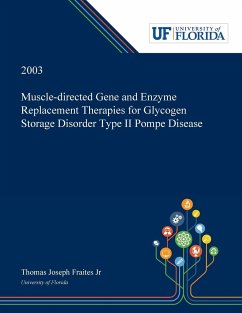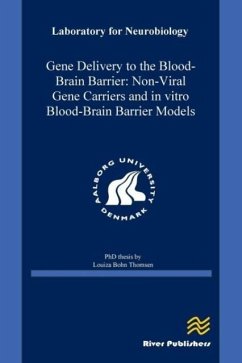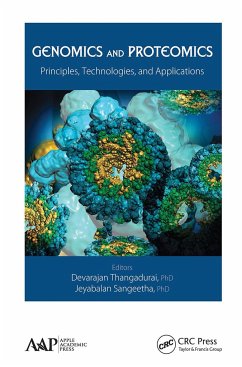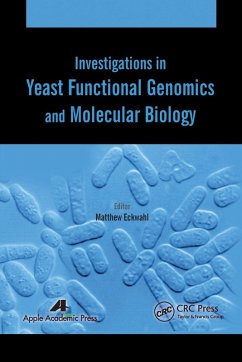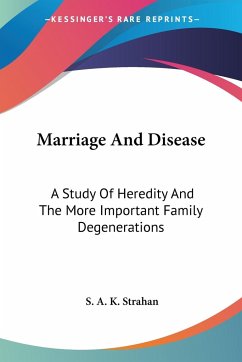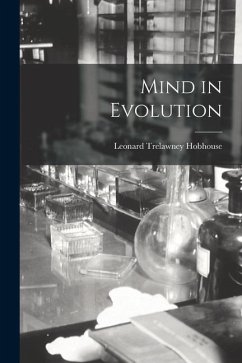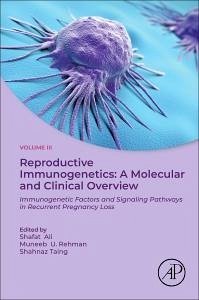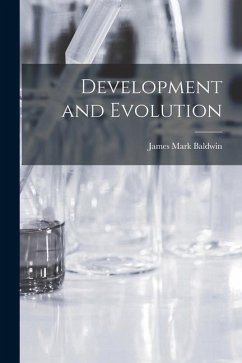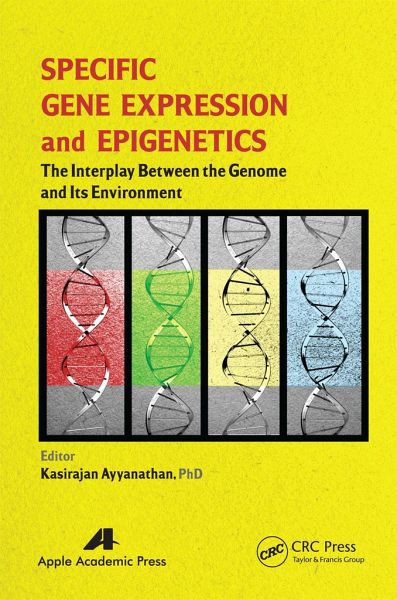
Specific Gene Expression and Epigenetics
The Interplay Between the Genome and Its Environment
Herausgeber: Ayyanathan, Kasirajan
Versandkostenfrei!
Versandfertig in 1-2 Wochen
98,99 €
inkl. MwSt.

PAYBACK Punkte
49 °P sammeln!
This title includes a number of Open Access chapters. This new volume on gene expression and epigenetics discusses environmental effects related to specific gene expression. The book also shows methods for bioinformatic analysis of the epigenome. The book is broken into two sections: the first looks at eukaryotic DNA methylation and the second addresses how to integrate genomic medicine into clinical practice. The book includes chapters on these topics: ¿ Gene expression in colon cancer tissue ¿ Epigenetics in human acute kidney injury ¿ Embryologically relevant candidate genes in MRKH pati...
This title includes a number of Open Access chapters. This new volume on gene expression and epigenetics discusses environmental effects related to specific gene expression. The book also shows methods for bioinformatic analysis of the epigenome. The book is broken into two sections: the first looks at eukaryotic DNA methylation and the second addresses how to integrate genomic medicine into clinical practice. The book includes chapters on these topics: ¿ Gene expression in colon cancer tissue ¿ Epigenetics in human acute kidney injury ¿ Embryologically relevant candidate genes in MRKH patients ¿ DNA methylation in common skeletal disorders ¿ Causal relationships in genomics ¿ Predicting severe asthma exacerbations in children ¿ Epigenetic understanding of gene-environment interactions in psychiatric disorders





